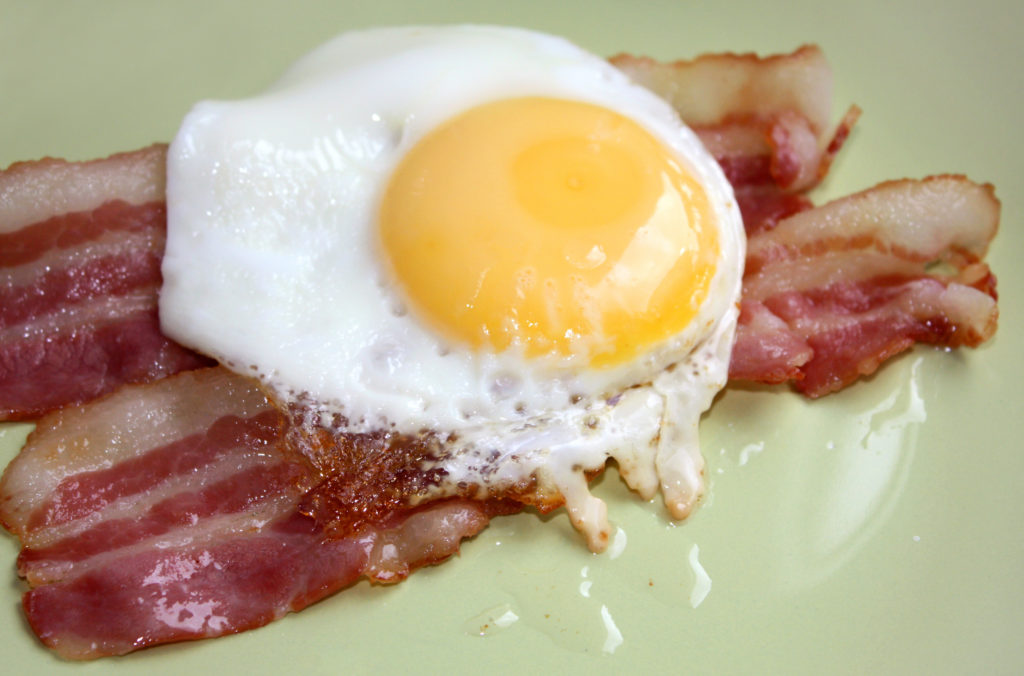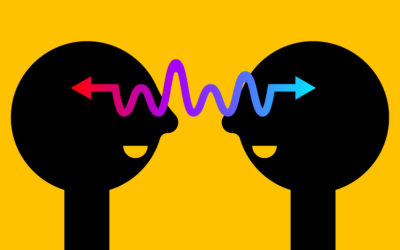Quick Hits
Daily brief research updates from the cognitive sciences

Ihave written multiple times about the gut-brain connection in multiple ways including the impacts of the microbiome and gut-brain axis on various cognitive, physical, and mental health factors. But this latest research is also a surprise.
When it comes to unhealthy eating many of us would assume it is down to taste and natural biological desire for certain types of foods. But researchers at Columbia University have discovered an entirely new connection – not in the mouth but in the gut.
This comes from research into mice and feeding them with different liquids. Firstly, one that had dissolved fats in it and one another that included sweet substances but that were known not to affect the gut. Under normal circumstances one would assume that both would drunk in equal quantities but the one with fats in it was preferred.
When this was then tested on mice that had no sense of taste (genetically modified, yup, weird I know). They also preferred the liquid with dissolved fats in it showing that taste had nothing to do with this desire.
The researchers then searched for the mechanisms by scanning the brains of the mice while or after drinking the fatty liquid. They found an area in the brain that responded to fats with neurons in an area called the caudal nucleus of the solitary tract (cNST) activating to the fat. This area is also involved in sugar preference.
They then looked at the connections to the gut and found that two types of cells in the lining of the intestines that responded to fat. One seems to be general cell responding to fat, but also sugar, and proteins, the other only responding to fats. These then connect to the vagus nerve which relays the messages to the brain.
This obviously opens up new avenues of research to deal with things like cravings for fatty, or high-calories foods, and other avenues to fight obesity.
It is also another one to show that the gut is extremely important and that the gut-brain axis is not to be underestimated. And now you can also just blame your gut – and your brain for your cravings.

Andy Habermacher
Andy is author of leading brains Review, Neuroleadership, and multiple other books. He has been intensively involved in writing and research into neuroleadership and is considered one of Europe’s leading experts. He is also a well-known public speaker, speaking on the brain and human behaviour.
Andy is also a masters athlete (middle distance running) and competes regularly at international competitions (and holds a few national records in his age category).
References
Mengtong Li, Hwei-Ee Tan, Zhengyuan Lu, Katherine S. Tsang, Ashley J. Chung, Charles S. Zuker.
Gut-Brain Circuits for Fat Preference.
Nature, 2022
DOI: 10.1038/s41586-022-05266-z
More Quick Hits
The Surprising Effectiveness of Coaching in Diminishing Burnout Symptoms
Different areas of the brain are associated with empathy – this new research shows how brain regions synchronise to induce empathic responses.
When Love Overrides Other Needs
Different areas of the brain are associated with empathy – this new research shows how brain regions synchronise to induce empathic responses.
The Negative Social Impact of Dealing with AI in the Workplace
Different areas of the brain are associated with empathy – this new research shows how brain regions synchronise to induce empathic responses.
How the Gut Influences Brain Development in Babies
Different areas of the brain are associated with empathy – this new research shows how brain regions synchronise to induce empathic responses.
Your Brain’s Own Cannabinoid Molecules Calm You Down
Different areas of the brain are associated with empathy – this new research shows how brain regions synchronise to induce empathic responses.
Role of Dopamine in Speed and Accuracy of Decisions
Different areas of the brain are associated with empathy – this new research shows how brain regions synchronise to induce empathic responses.






